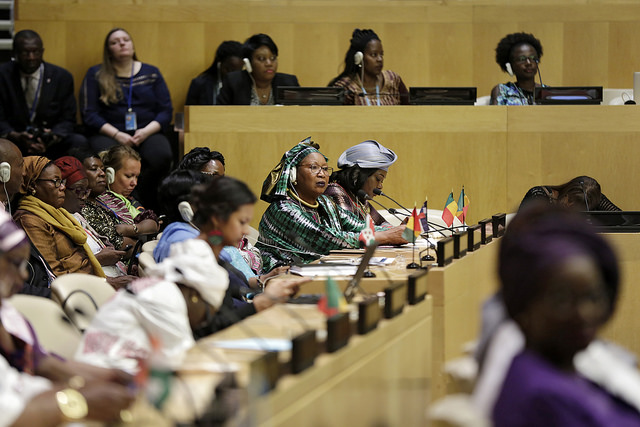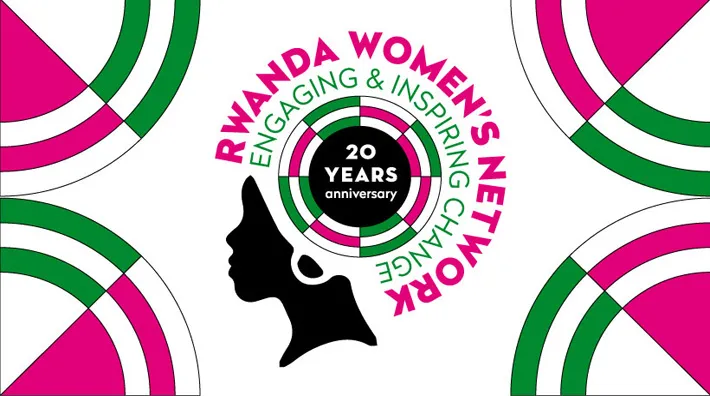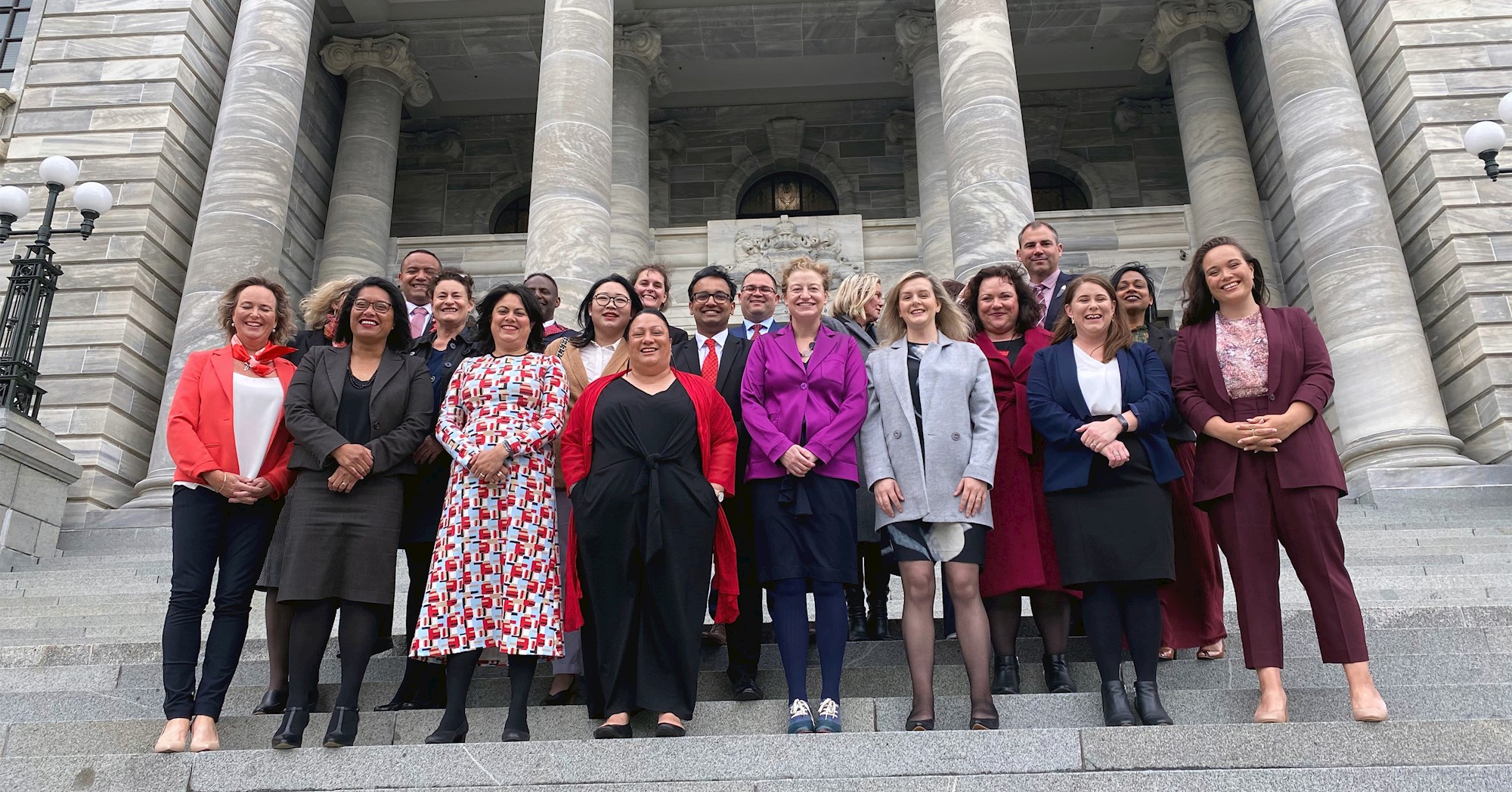By Evi Tsakali,
When I was an intern in the Press Department of the Ministry of Foreign Affairs, I was allowed, along with my fellow interns, to attend the bilateral meetings of our Minister with his foreign counterparts that are held in our building. Not all of us would always follow though; depending on the respective Minister’s country of origin, some of the interns would consider some of the bilateral meetings “not that important” and thus not worthy of attendance. An example was when we hosted a delegation from Gabon, and it was not just a meeting or joint statements, but also the signing of a memorandum of understanding regarding tourism and environmental matters. For this article though, this is not our point of interest.
While the two ministers were signing, a fellow intern, a very intelligent man who always had a fun fact to say regarding the politics and history (among other topics) of the respective country, made me notice that the majority of the delegates of Gabon were women, adding that African countries are first in female parliamentary representation. I admit that this fact kind of caught me by surprise, but by reminding myself of our previous experiences, I realized that, indeed, they were the most women I had seen in a foreign state’s delegation. Thanks to him and his interesting remark, I decided to research the issue a little bit more, and try to understand the essence of this lead of the African states, and maybe, the fault in our gender equality policies…

Most African countries have at least one gender quota in place, while 13 African states held specifically reserved seats for women in parliament. This is what makes Rwanda the country with the largest (proportionally to the population) female representation in the world (61.25%) and South Africa and Namibia have 46.5% and 44.23% of female MPs. Several other African states such as Senegal, Mozambique, Ethiopia, and Cape Verde almost follow suit, according to data from Statista for the year 2022.
Such policies do not just tick the box for equality in African states; it means much more. Over the last decades, the increased presence of women in African parliaments has been proven to challenge discriminatory laws and help these countries to remain seized on social issues. In the search for indicators of those results, we may focus on the case of the very first country, Rwanda.

The route of female representation in Rwanda was not paved on goodwill, but on tragedy, necessity, and pragmatism. After the 1994 genocide in Rwanda, 80% of the surviving population were women; and they had to fill the leadership void. In a couple of years, the country where women were considered property overturned its tradition; according to an insight of National Geographic, “[…] women officially were allowed to inherit property in the absence of a will, making landowners of rural daughters who had been disenfranchised in favor of their brothers. Other reforms enabled women to use their land as collateral to obtain loans. Women were granted the right to open bank accounts without their husband’s permission, further encouraging financial independence. Girls’ education was prioritized through efforts that allowed more of them to attend college, and incentives were created for girls to study traditionally male-dominated subjects”.
The fact that the women of Rwanda did not gain those victories in the streets but on paper does not undermine their fight. The next step will require, as the director and founder of the Rwanda Women’s Network Mary Balikungeri stated “to transform our own families, our own husbands”. This promising ambition will make African leaders’ visits even more interesting…
References
-
Abouzeid, Rania. How women are stepping up to remake Rwanda. National Geographic. Available here
-
Women’s political participation in Africa. UN. Available here




